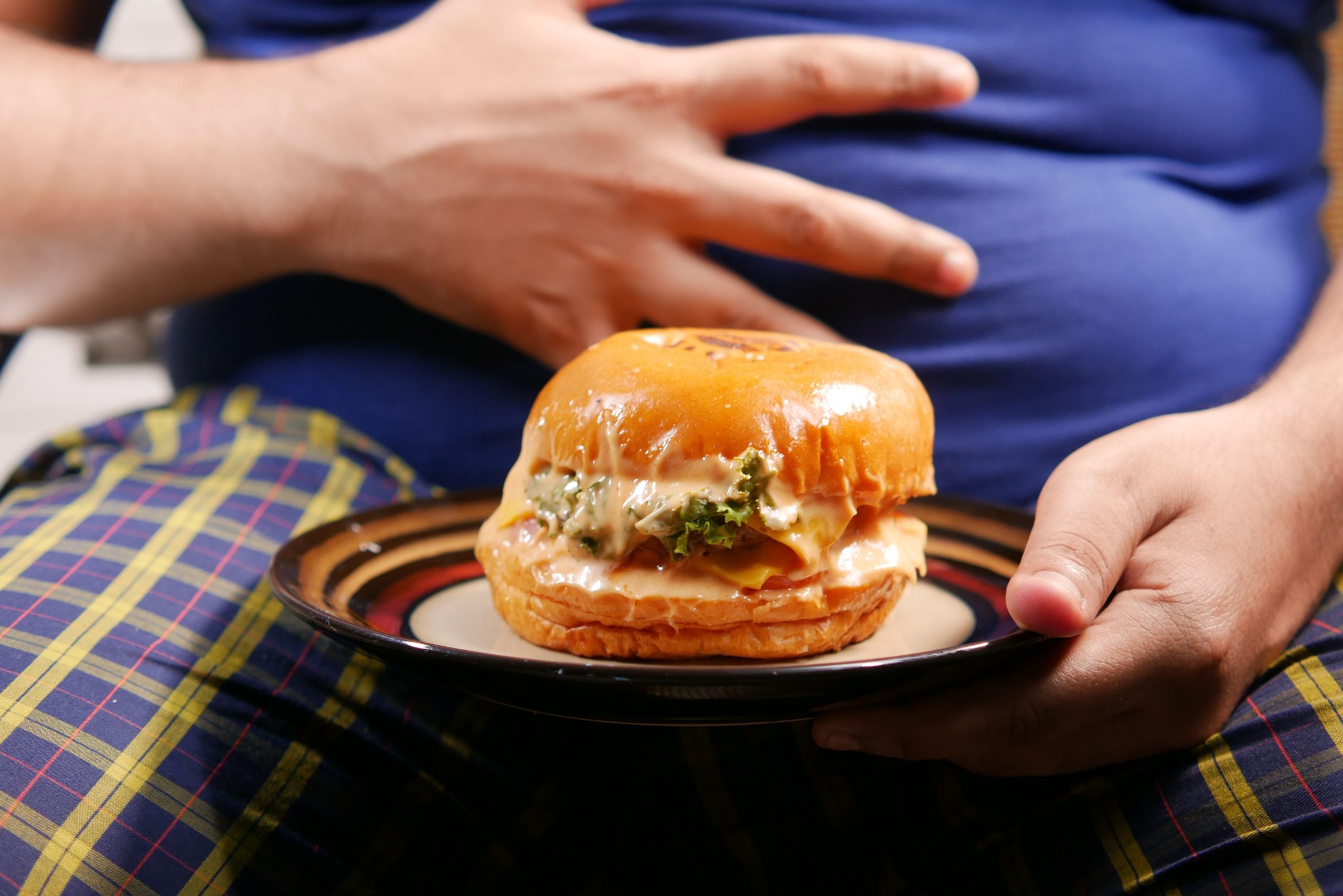Irritable Bowel Syndrome is a digestive disorder that causes disturbances in the bowel movements of those who suffer from it, as well as discomfort, cramping, heaviness, or bloating in the stomach. Disturbance in bowel habits can indicate any of the following: a change in the frequency of faeces, a change in the shape of the stools, or the necessity for severe straining. It might range from mild diarrhoea to severe constipation. IBS, which is more frequent in women than in males, may be effectively treated by making specific lifestyle changes and managing triggers such as stress.
Also Read | Explained: List of all Indian states with COVID19 mask not mandatory
What causes IBS?
“Our digestive system similar to our brain has its own nerves and signal transmitters across the nerves to send messages within its component, which is why it is also called the second brain. IBS is a disorder that arises when there is discordance between the axis of the brain- the gut nerves and the gut proper. The exact cause for this disturbance is not known but triggers like stress, infections, medications, hormonal changes and type of food have been well documented,” Dr Shankar Zanwar, Consultant Gastroenterologist at Wockhardt Hospital in Mumbai Central, concurs.
IBS Signs and Symptoms
Diarrhoea, constipation, a sensation of incomplete stool evacuation (the feeling that you still need to poop after you just did), gas, discomfort in the belly, bloating in the abdomen, and cramping in the abdomen are all indications of the disease.
Also Read | South Korea eases distancing amid slowing omicron spread
How to Handle IBS
Dr Shankar Zanwar recommends lifestyle changes to aid with IBS.
1. Stress management: One of the most common causes of IBS is stress. Engaging in things that you enjoy, i.e. pursuing your hobbies, is one of the simplest stress relievers. It might divert your worried mind’s attention away from the belly. As previously stated, IBS is a disorder of the gut-brain axis.
2. IBS diary: It is usually a good idea to keep a diary that notes what you eat, how you feel after eating anything odd or special, and the trajectory of your bowel symptoms, which might include stool frequency and stool type. This will provide both the patient and caregiver with a better understanding of how to prepare for better therapy and diet.
Also Read | Six ways yoga benefits mental and physical health
3. Food intolerance: There is a lot of buzz these days about ‘food intolerance testing.’ An easier method to deal with IBS is to keep a food diary, find uncommon foods that trigger your symptoms, and eliminate them from your diet. Dairy products, wheat, certain fruits (apples, mangoes, cherries, watermelon), onions, cabbage, beans, and nuts are prominent culprits.
4. Diet: The specific diet differs from person to person and is also affected by the kind of IBS. A high fibre diet that includes whole fruits (with peel where edible), beans, prunes, and cereals is beneficial if you have constipation-type IBS. Patients with diarrheal IBS should avoid the things listed for constipation-type IBS, as well as dairy products. They can move to non-wheat cereals, non-dairy milk such as soy or almond milk, and so on.
Changing your breakfast time to before passing stools can also help with constipation-type IBS since it offers your stomach a jolt to release the contents. Drink plenty of water to keep your stool flowing out readily if you’re constipated and to avoid dehydration if you’re diarrheal.
Also Read | Eat these foods to maintain good eye health
5. Exercise: Numerous studies now suggest that exercise reduces feelings of anxiety and despair while also improving symptoms of IBS. At least 5 days a week, you should aim for 15-30 minutes of simple exercise.
6. Unhealthy habits: Quitting drinking and smoking will significantly improve your gastrointestinal issues. Excessive coffee and tea consumption might aggravate diarrheal type constipation and exacerbate heartburn symptoms.



